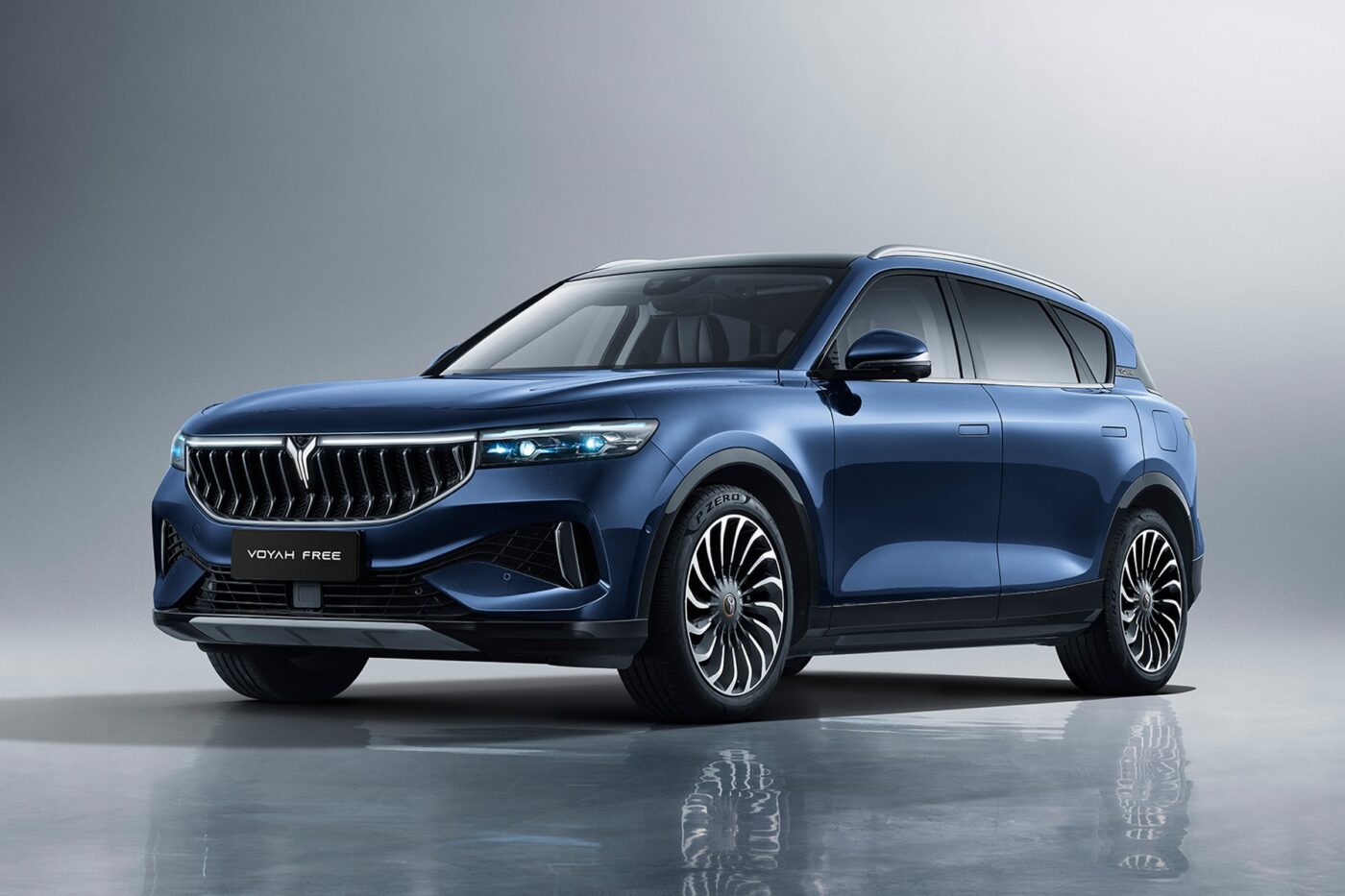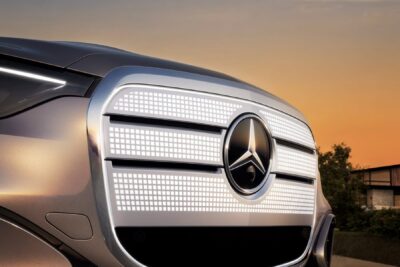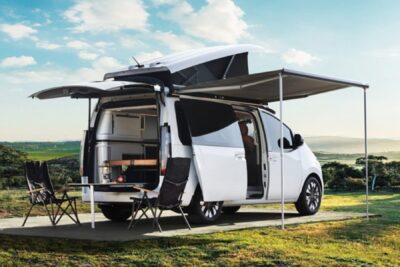Voyah to list as Dongfeng exits Hong Kong market
Dongfeng went public on the Hong Kong Stock Exchange in 2005 to raise additional capital, but the majority of shares remained state-owned. Twenty years later, Dongfeng now wants to withdraw from the stock market. The company justifies this delisting by stating that it has been valued as a conglomerate with a ‘holding discount’ for years, which means that its actual value is not reflected on the capital market. The stock market valuation has been below Dongfeng’s net asset value for years.
Lantu or Voyah, launched by Dongfeng at the end of 2020, targets the premium EV segment. Its first model, the Voyah Free, debuted in China in June 2021. The brand has maintained strong growth and is among Dongfeng’s most valuable and high-growth assets.
The Hong Kong Stock Exchange filing notes: “Through the merger, Dongfeng Motor and the Offeror plan to further consolidate high-quality resources towards emerging industries, thereby restructuring their valuation. Through the spin-off and listing of Voyah, Dongfeng Motor will focus on developing the new energy vehicle industry and promoting the transition from fuel-powered vehicles to new energy vehicles.”
Current Dongfeng shareholders will be compensated with Lantu shares and a cash payment. They will receive 6.68 Hong Kong dollars (0.73 euros) in cash and 0.3552608 Voyah H-shares per Dongfeng H-share held. The theoretical total value per H-share in the transaction is approximately HK$10.85 (1.18 euros).
In addition to its home market of China, Voyah is already active in Norway, Switzerland and Israel, and had actually planned to launch in Germany, France, Italy, Spain and Portugal in 2024. However, these plans have been delayed, possibly due to the special tariffs imposed by the EU on China-made EVs.
Dongfeng is currently undergoing a reorganisation: Just a few days ago, the company offered its stake in a joint venture with Honda for combustion engines for sale on the Guangdong United Assets and Equity Exchange. Meanwhile, the partners commissioned a plant for new energy vehicles with an annual capacity of 120,000 vehicles at the Wuhan plant last year.
cnevpost.com, hkexnews.hk (PDF; in Chinese)





0 Comments